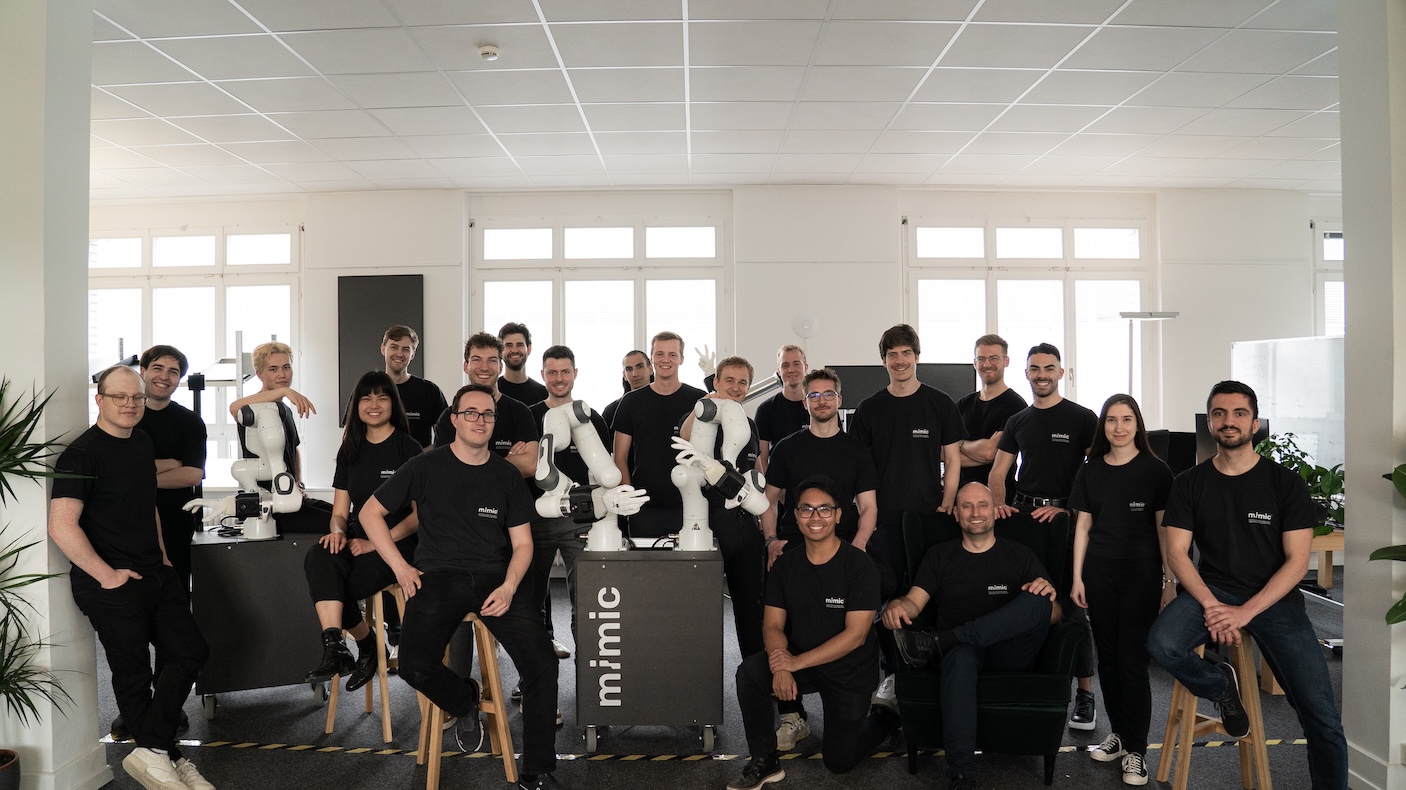Breaking the Digital SME Insurance Paradigm: Our Investment in +Simple
The 21st Century Intermediary
Long has the death of the intermediary by technology been predicted. You look at the world today, however, and “go-betweens” are more present than ever. Not only were they not hindered by technology, they were empowered by it. A study conducted by Daniel F. Spulber found that the share of US GDP contributed by intermediaries actually jumped from 25% in 1999 to 34% in 2010.
The fact remains that an intermediary will remain relevant wherever a direct transaction between producer and consumer creates superfluous friction. New age intermediaries, for example, reduce this friction by harnessing the power of technology and data to lower the cost of the transaction and make their service essential. Nowhere is this trend more present than insurance.
Think of how many startup catch-phrases nowadays revolve around the idea of “we do X so that you can focus on what really matters…[insert cheesy tagline here].” This is exactly the pitch around the plethora of managing general agent (MGA) models that have arisen in insurtech in the last five years.
These MGA models are able to access and create sources of data to innovate at the product level (both in the structure and the price) and offer bespoke policies — whether at the personal or commercial level. Again, they do this in a more efficient way than either the insurance carrier or the insured could ever hope to do, therefore reducing the overall cost and friction in the transaction.
Cracking the Ugly Duckling and Egg Problem
These insurtech MGA models have been all the rage in the past few years and have been able to raise capital at substantial valuations. They partner with big insurance carriers and sell improved and cheaper policies directly to the individual at their greatest point of need. In the process, these MGA models managed to revamp the insurance industry and made it — dare I say it — sexy? There has been one instance, however, where this has not been the case, European commercial and SME insurance. And this is because commercial insurance is basically the ugly duckling in the insurtech family.
Historically, this has been a notoriously difficult market to break into because policies are most often sold through intermediaries (agents or brokers) who have established a deep level of trust with their SMEs. In a market like France, this broker movement has been aided by the fact that commercial insurance policies are often niche products that need to be tailored to the specific and varied risks a company has to have covered. You add all of these reasons up and you begin to see why digital players were doing everything in their power to avoid “la République”.

This, however, is where +Simple comes in. When we asked Eric (+Simple Founder and Chair ) why there were no successful digital commercial insurance players in the EU market, he answered that everybody was looking at the problem in the wrong way. To date, everybody was trying to sell directly to the SME and getting drowned by acquisition costs, particularly as insurance is one of the most expensive keywords you can find. In a space dominated by a myriad of intermediaries, why would you go for the SME when you could go for the broker?
Empowering Brokers in the Age of Insurtech
On one front, +Simple is an intermediary enabler. By digitizing agents and brokers through their software platform, +Simple allows them to sell their policies online, kind of like how everything else is sold now. Not only that, but +Simple’s platform allows agents and brokers to sell better policies. They are able to build a modular product by combining several aspects of different policies from the variety of insurance players in +Simple’s network. It’s highly personalized in a highly scalable way, two concepts that are seldomly linked together.
Servicing these intermediaries and making them more efficient allows them to preserve their relationships and actually makes them stronger. On a second front, their technology stack provides much-needed simplicity, transparency and trust directly to the SME client. It’s a win on all sides: SME, broker and carrier alike.
No good story is complete these days without mentioning the impact of the pandemic on a business and its market. With the overall decline of traditional life insurance, insurers are looking to increase their sources of revenue through additional product lines, a trend that is only being accelerated by pandemic-induced claims pressures.

As an already quite substantial, but still rapidly growing and underserved market, commercial insurance is a natural choice for product expansion. And you can see this happening with some digital players moving towards offering “specialty” and niche coverage. +Simple didn’t need a pandemic to figure out that the crux was in the niches. Premiums are too small to be served by the bigger brokers (think Hiscox or Aon) and so they are taken up by smaller “specialty” brokers. Exactly the type of broker that +Simple has been serving and digitizing for the past three years in the French market. Their past has perfectly prepared them for this moment.
What’s next for +Simple?
As they double-down on their “intermediary” thesis, the next stops on their journey are Germany, Italy and Spain. A challenge that, we believe, they are perfectly equipped to tackle. All of us at Speedinvest are super excited to partner with Eric and his incredible team, alongside our friends from Idinvest, Alma Mundi and other Investors, to take the commercial insurance market by storm.
Learn more about the Speedinvest Fintech team and sign up for our newsletters to get our exclusive content delivered straight to your inbox.













.svg)
